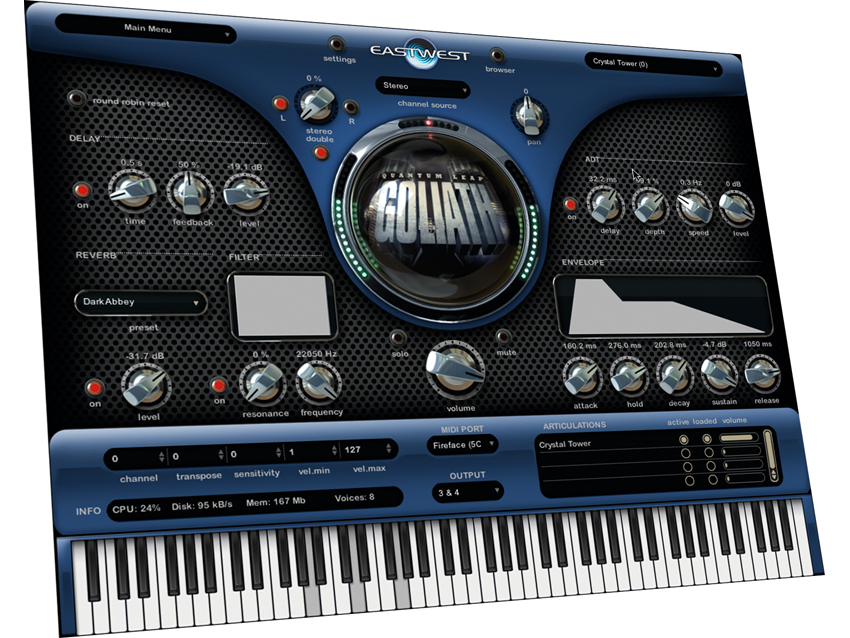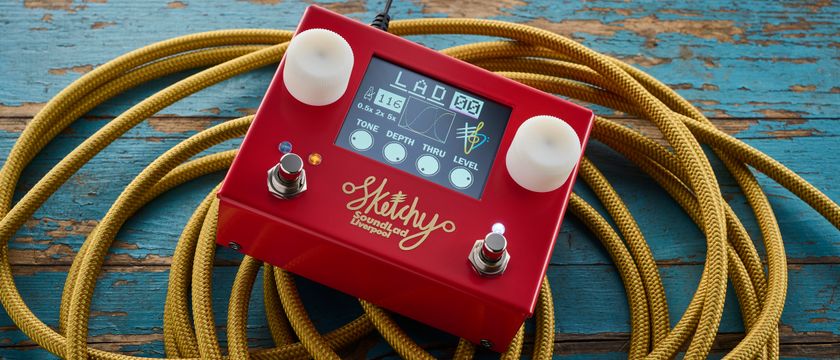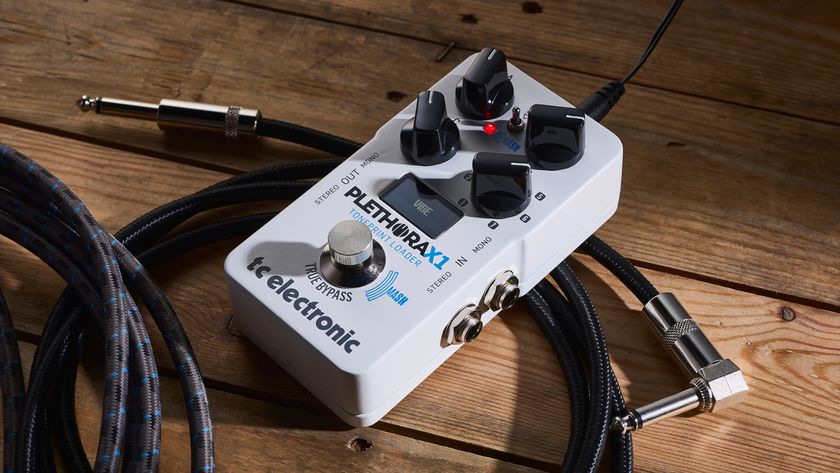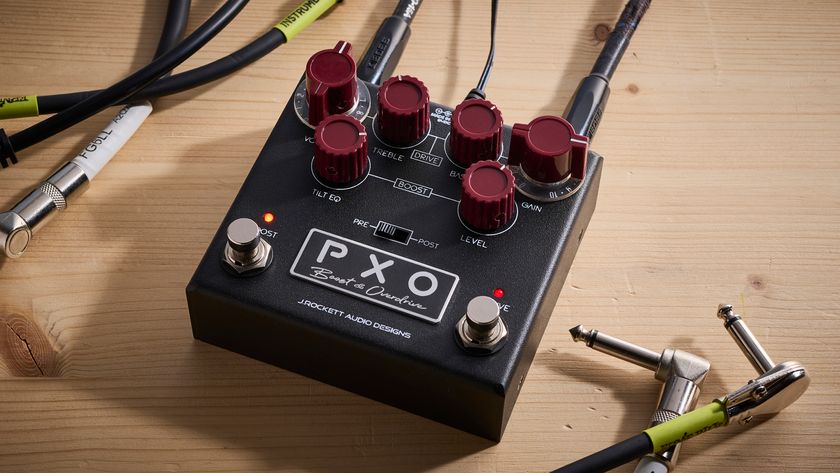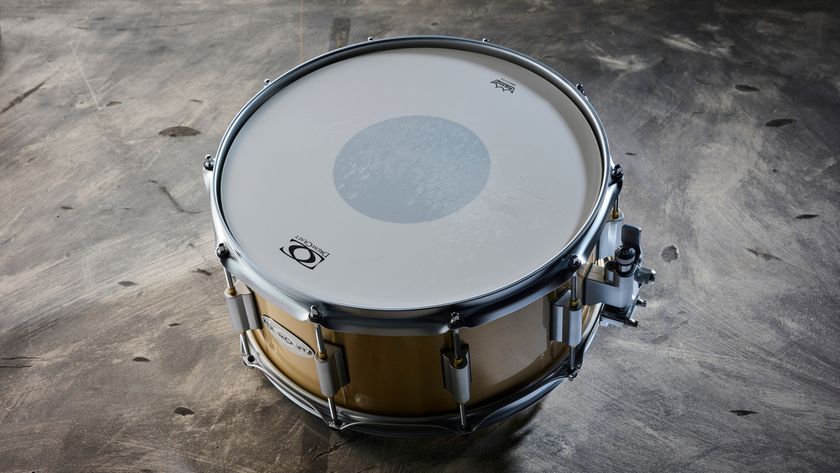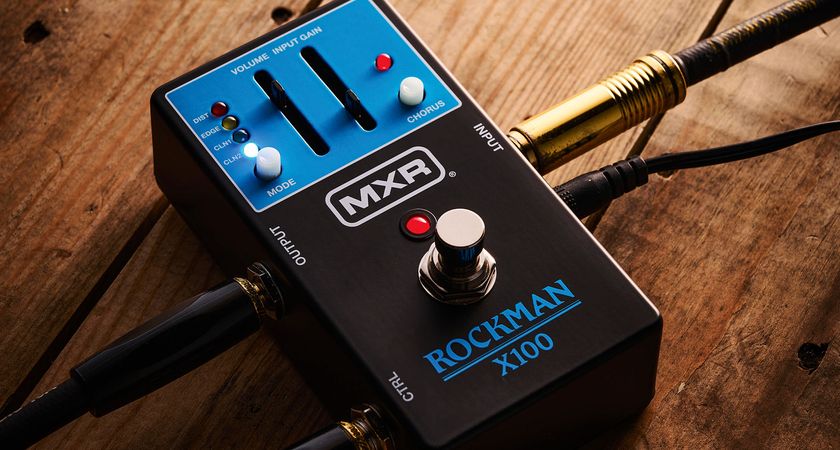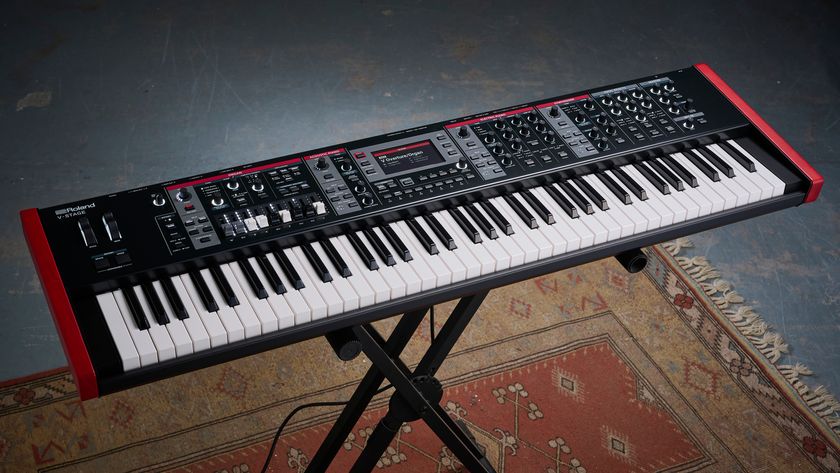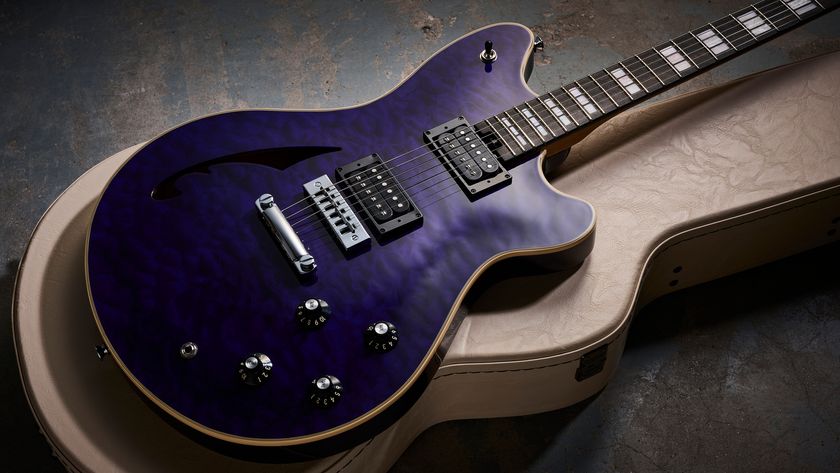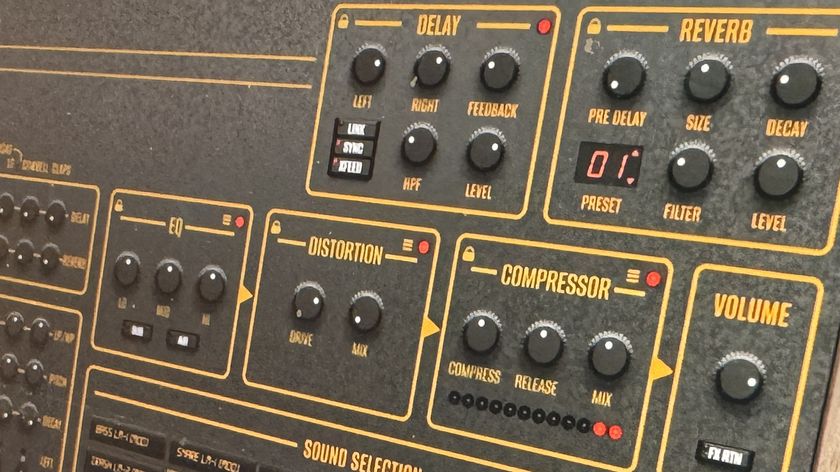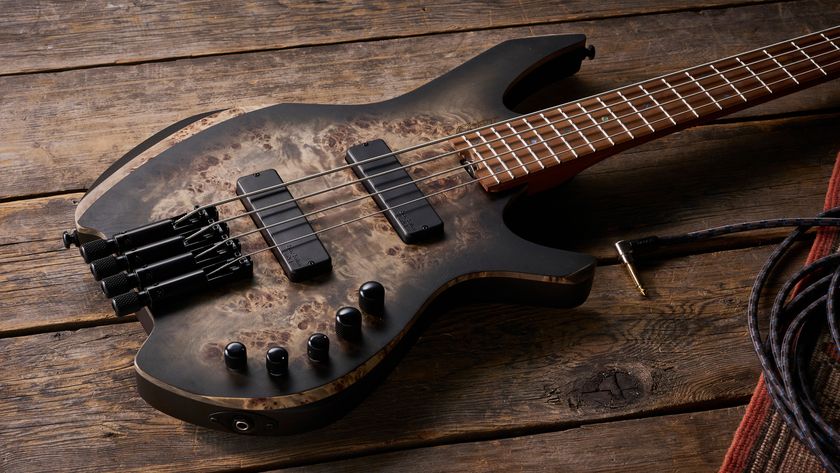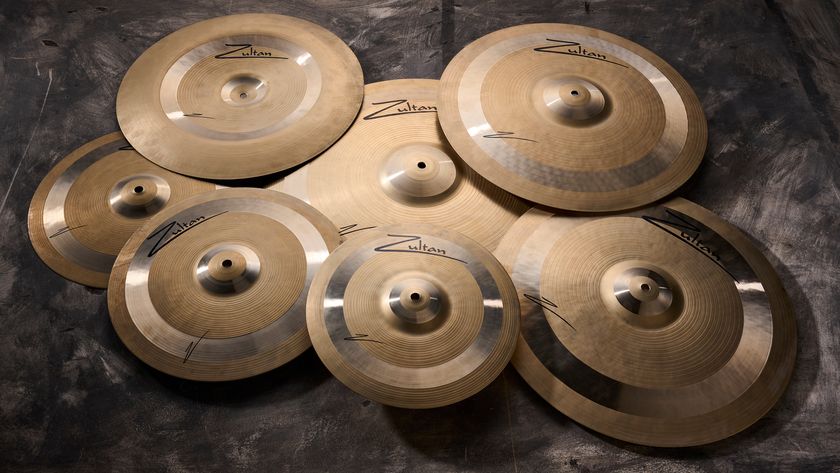MusicRadar Verdict
A monster amount of pro-quality sampled audio fronted by a well-designed interface.
Pros
- +
40GB sound library. More than 180 instruments. 64-bit, network-enabled processing system.
Cons
- -
You'll need a second hard drive. Limited editing facilities.
MusicRadar's got your back
A 6-DVD install, Goliath plonks 40GB of sample content onto your external, necessarily high-performance media drive (RAID 0 suggests itself) and a high-performance replay engine onto the system drive.
In the past, Quantum Leap has used Native Instruments' technology to front-end its ROMplers, but Goliath is one of a new generation of QL products that uses the network-enabled Play engine. This is capable of both 32- and 64-bit operation and sports a decent interface.
If you're using a 64-bit computer, such as a modern Mac or high-end Windows machine, Play is able to address as much RAM as you can stuff onto the motherboard (up to 32GB with the Mac Pro), making for a massive 'live' sound-palette. Of course, when using Goliath as a plug-in, you'll also need a 64-bit host sequencer, such as Cubase or Nuendo 4.1.
In detail
In terms of sounds, Goliath covers a lot of ground. There are basses, acoustic and electric guitars, percussion, acoustic and electronic pianos, organs, pop brass, orchestral instruments, choirs, ethnic instruments, atmospheres and a wealth of synth leads and pads.
With more than 180 instruments and over 600 patches in the core library, you might think digging through them could be a chore. However, the Play browser is well organised, grouping collections by type, and there's the facility to create Favourites folders for rapid access to your most often-used patches.
Multiple patches can be loaded into a single instance of the Goliath interface and routed to nine stereo audio outs, although any pair can be made mono. Sound-sculpting options are limited in that the delay only has only Time, Feedback and Level controls, while Reverb presets are limited to a lone Level rotary. ADT, with modulation, features, as does a minimalist filter with just Resonance and Frequency knobs.
The Envelope section is more generous, with control over Attack, Hold, Decay, Sustain and Release. But what's really useful is that you can readily see any patch articulations, thanks to a panel at bottom right, and even switch them off or unload them. Articulation keyswitches are highlighted in blue on the keyboard at base.
Rather than bog the product down with whizzy extras, such as EQs and compressors, Quantum Leap appears to have concentrated on the quality of the basic sounds. Pounding through the patches rapidly reveals a wealth of well-recorded and cunningly processed patches equipped with useful, velocity-switched variations and bags of opportunities for applying your preferred MIDI controllers.
Summary
While Goliath may not appeal to more left-field samplists seeking to use their own snippets and warp them beyond recognition, it does provide top-flight sounds that are ideal for use in songwriting projects and filmscoring. It's easy to use, the Play engine is powerful and extensible (thanks to network support) and the price ticket looks more than reasonable considering the wealth of content available. Also, if you've recently bought Goliath's predecessor Colossus, there's a tasty upgrade deal to be had from the developer's website.
Listen to what Goliath can do:
Limberger lead
Blues organ
Acoustic guitar
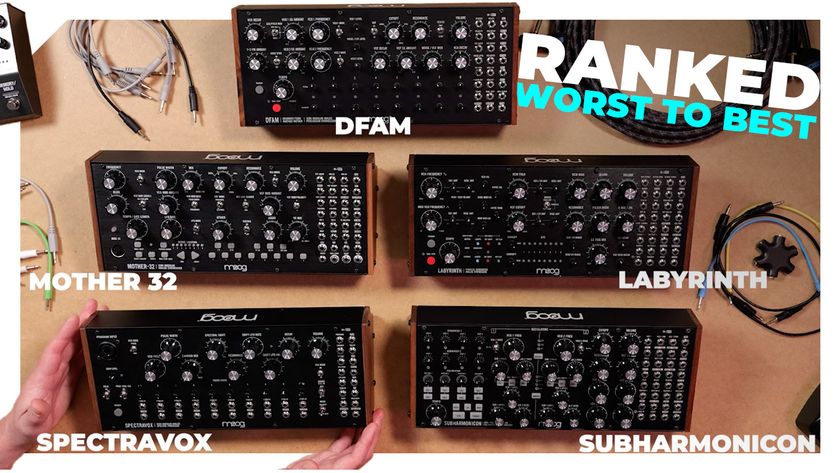
Ranked: Moog’s semi-modular ‘Mother’ synths from worst to best

“If it wasn’t for that song, that would have been the end of the band”: How one track’s sudden gear-switch led Coldplay into their imperial phase

“He was like, ‘You’ve got it all wrong, man": Mumford & Sons reveal what Neil Young told them about the way they were approaching their live shows and album recordings
